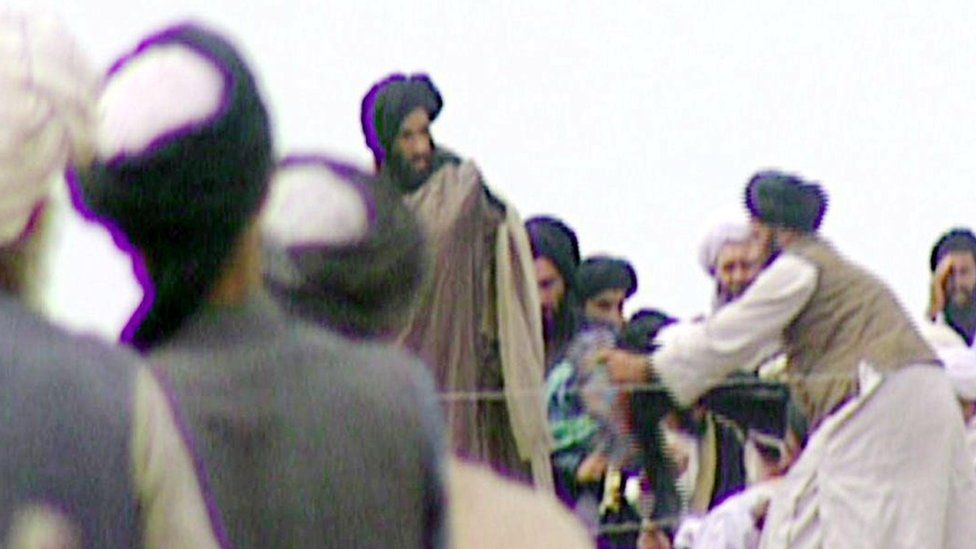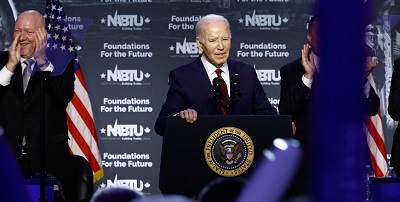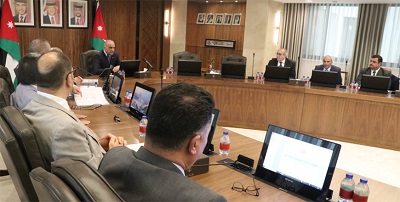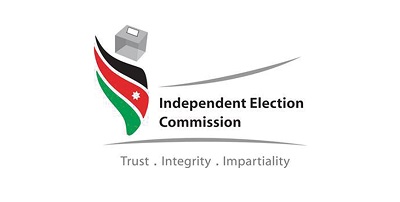Mullah Omar: Taliban leader 'died in Pakistan in 2013'

BBC News
Taliban leader Mullah Omar died two years ago in Pakistan, a spokesman for Afghanistan's security services says. Abdul Hassib Seddiqi told the BBC's Afghan Service that Mullah Omar had died of health problems at a hospital in Pakistan.
Afghanistan's government says it is investigating the claims.
The latest reports of Mullah Omar's death are being taken more seriously than previous such reports. The Taliban is expected to issue a statement soon.
Sources at the Taliban's two main councils in Quetta and Peshawar in Pakistan told the BBC they were in intensive talks to agree on a replacement for Mullah Omar.
Aides close to Afghan President Ashraf Ghani confirmed the death to the BBC.
Separately, Mr Seddiqi, the spokesman for Afghanistan's National Directorate of Security, told the Associated Press agency that Mullah Omar's death at a Karachi hospital happened in 2013.
Pakistan's government and security services have not commented on the claims so far. They have always denied that Mullah Omar was in their country.
A spokesman for Mr Ghani said on Wednesday that the authorities were trying to verify the reports.
The Afghan government, elected last year, has embarked on a peace process with the Taliban.
A security official in Pakistan, the country hosting the talks, told AP that the claims of Mullah Omar's death were mere "speculation", designed to destabilise the negotiations.
Who is Mullah Omar?
Taliban fighters on parade in Kabul
The Taliban militia won a series of victories under Mullah Omar's leadership
Mullah Omar
The Taliban leader is believed to have suffered a shrapnel wound to his right eye
line
Analysis - Dawood Azami, BBC World Service
Mullah Omar has not been seen in public since the fall of the Taliban regime in late 2001.
The absence of confirmed contacts for several years fuelled speculation. His ill-health and even death have regularly been rumoured in the past.
Over the past two years, even some high-ranking Taliban started asking questions, both privately and within the Taliban circles, about their leader's health, life and ability to run the insurgency.
Despite his long absence from the public view, the mystique of the man has been overwhelming. He had become a symbol and a unifying figure within the Taliban. While the day-to-day affairs have been managed by his deputies, everything else revolved around his name.
Questions about his life and whereabouts will only increase, putting pressure on the Taliban to produce credible evidence - if he is alive.
line
FBI wanted poster for Mullah Omar
The US Federal Bureau of Investigation issued a wanted notice for Mullah Omar
Mullah Omar led the Taliban to victory over rival Afghan militias in the civil war that followed the withdrawal of Soviet troops.
His alliance with al-Qaeda leader Osama Bin Laden prompted the US-led invasion of Afghanistan in 2001, in the aftermath of the 9/11 attacks on New York and Washington.
Mullah Omar has since been in hiding, with a $10m (£6.4m) US State Department bounty on his head.
Over the years, the Taliban have released several messages purported to be from the fugitive leader.
The latest of these statements, from mid-July, expressed support for the peace talks between the Taliban and the Afghan government.
However, the message was in the form of a text published on a Taliban website, rather than an audio or video recording - fuelling rumours that the leader was dead or incapacitated.
The failure to prove that Mullah Omar was alive was a major factor behind the defection of several senior Taliban commanders to the so-called Islamic State group, according to the BBC's former Kabul correspondent, David Loyn.
line
Mullah Mohammed Omar
Taliban say he was born in 1960 in the village of Chah-i-Himmat, in Kandahar province
Fought in resistance against Soviet occupation in 1980s, suffering a shrapnel injury to his right eye
Forged close ties to al-Qaeda leader Osama Bin Laden
Became "Supreme Leader" of Taliban movement in 1996
US-led forces overthrew his government in 2001; US state department has a $10m bounty on him
Earlier this year the Taliban published a biography of him saying he does not own a home and has no foreign bank account, and saying he "has a special sense of humour"
Latest News
 'Sinwar Above Ground': Hamas official's revelation shocks Israeli Occupation
'Sinwar Above Ground': Hamas official's revelation shocks Israeli Occupation US president signs bill to provide new aid for Ukraine
US president signs bill to provide new aid for Ukraine Prime minister directs government to support IEC ahead of upcoming elections
Prime minister directs government to support IEC ahead of upcoming elections Parliamentary elections for 20th Lower House to be held on September 10 – IEC
Parliamentary elections for 20th Lower House to be held on September 10 – IEC Amman Chamber of Commerce says GDP grows by 4.4% in 2023
Amman Chamber of Commerce says GDP grows by 4.4% in 2023
Most Read Articles
- Palestinian prime minister, Jordanian ambassador discuss humanitarian efforts in Palestine
- US president signs bill to provide new aid for Ukraine
- Senate president, Rwanda’s ambassador discuss bilateral relations
- Prime minister directs government to support IEC ahead of upcoming elections
- 'Sinwar Above Ground': Hamas official's revelation shocks Israeli Occupation
- “Israel” withdraws main infantry brigade from Gaza
- Iran cuts Syria presence after strikes blamed on Israel —monitor
- European Parliament overwhelmingly condemns Iranian strikes against “Israel”
- US Supreme Court seems split on Idaho abortion ban
- Vaccines saved at least 154 million lives in 50 years — WHO